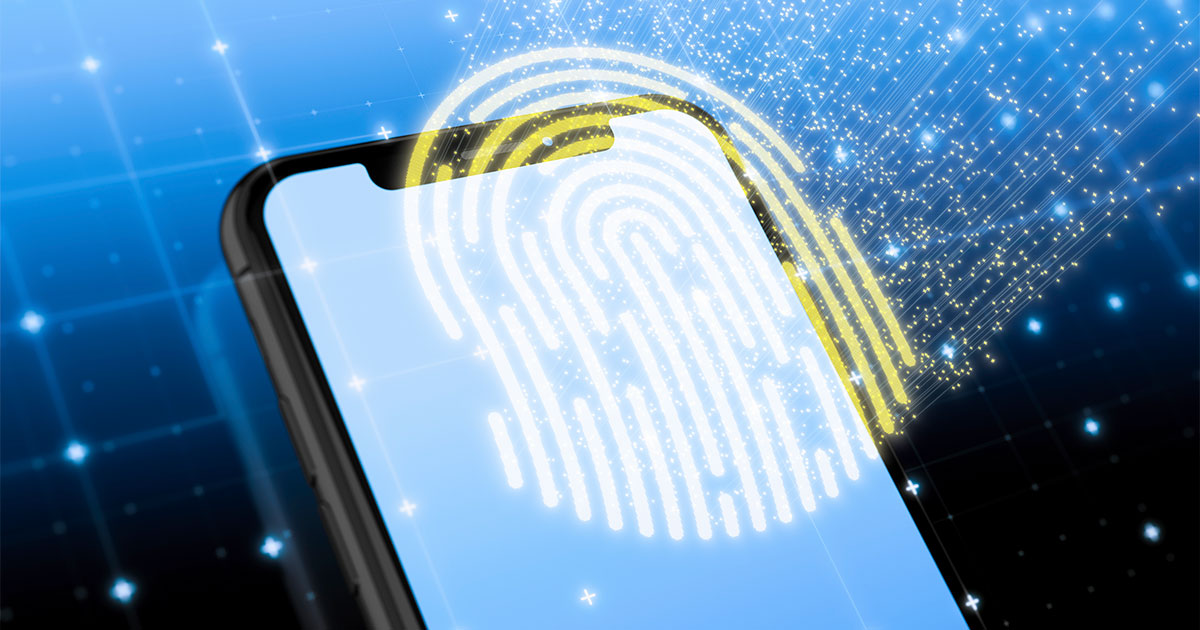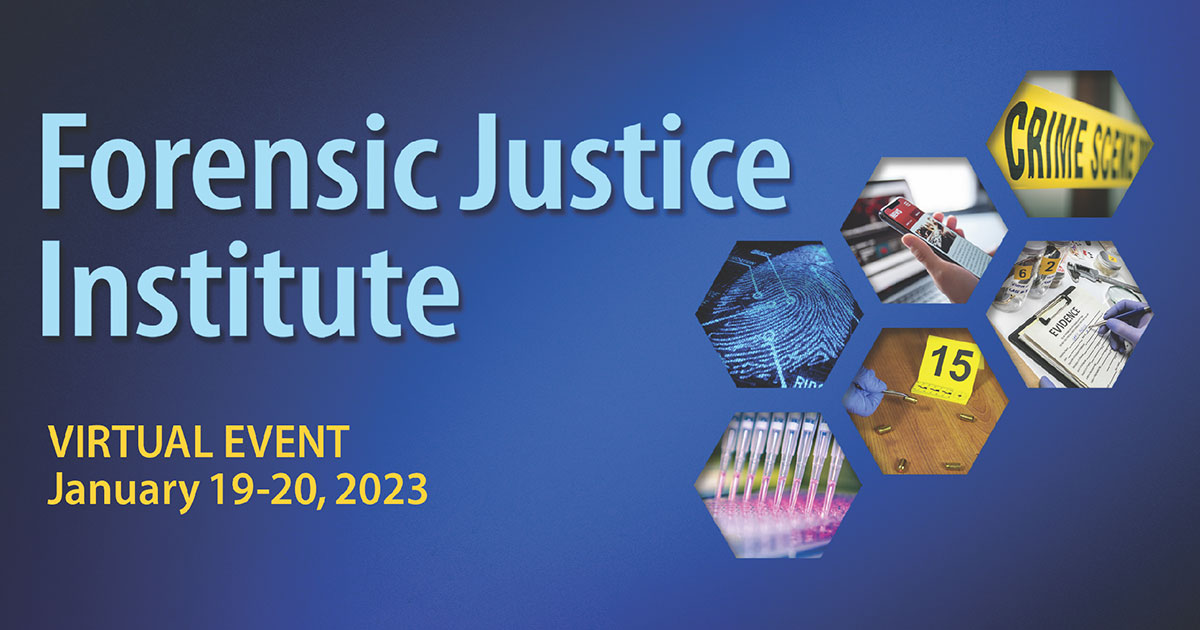
On March 7, 2015, a fatal crash involving a commercial truck took place, claiming the life of 21-year-old Nicholas A. Smith. The commercial truck hit the back of Smith’s car, crushing it. Smith eventually died of his injuries. Of particular concern in this case was whether the truck driver was using his cell phone while driving.
The cell phone records were obtained and reviewed, and they showed that the truck driver was using his cell phone at the time of the collision.1
This Kentucky case is only one of many in which the use of a cell phone has been significant. Cell phones have become a ubiquitous part of modern society, and courts in Wisconsin have had to keep up with the changing technology by crafting laws regarding the use of cell phone data as evidence in civil litigation.2
This article provides an overview of the current law surrounding discovery from cell phones in Wisconsin and discusses how different laws apply to civil cases and the types of information that can be obtained through discovery.
Damages Statutes Applicable to All Civil Actions
Wisconsin Statutes section 895.443 states that any person who has suffered injury or property damage because of another’s negligence can file suit against the allegedly negligent person for damages. This includes situations when someone was injured because of using a cell phone while driving or using a phone carelessly and causing an accident. Furthermore, Wis. Stat. section 895.044 allows for punitive damages to be awarded if recklessness or intentional misconduct was involved with the use of a cell phone leading up to the incident that caused injury or harm.
Recovering cell phone data in a car accident to show negligence is an essential step in proving liability and seeking compensation. Cell phone data is often used to help prove that the at-fault party was responsible for the crash.
Smartphones, GPS systems, and other devices might contain or provide access to information about what happened before, during, and after a collision. This includes text messages, phone calls made and received by the driver, and any social media posts made at the time of the crash. This data can provide invaluable evidence in determining whether negligence occurred before or during an incident.
Cell Phone Privacy Rights in Wisconsin Civil Cases
In Wisconsin, as in other states, there are laws that protect the right to privacy in civil cases for individuals’ cell phone use. Because state governmental officials recognize the importance of protecting residents’ cell phone data from any unauthorized access or use, Wisconsin courts require any parties involved in a civil suit to obtain permission from the court before obtaining any cell phone records or other data pertaining to another party’s cell phone. This protects both the plaintiff and the defendant from any potential privacy violations during litigation. Additionally, individuals whose phones will be searched must be informed and told the reason for the search before a search is done.
Obtaining digital evidence this way likely will comply with state statutes and with federal laws such as the Stored Communications Act and the Electronic Communications Privacy Act.3
Cases in which Discovery from Cell Phone Might Be Sought
Cell phone data can be used in a variety of civil cases, from proving contractual obligations to proving where a person was at a specific time.
For example, if two parties have signed an agreement but one party claims to not have agreed, cell phone records might help show that emails or conversations occurred before the contract was signed. This would constitute proof and help resolve the case. Another example is that if it is alleged that a person was at a location where they were not supposed to be at a specific time, cell phone data could help corroborate the person’s whereabouts by showing the cellphone towerlocations their phone had pinged off during that period.
Other types of lawsuits in which cell phone data might be evidence include the following.
Personal Injury. Cell phone discovery can be an important factor in personal-injury cases in Wisconsin. For example, if a person is driving and causes an accident that results in injuries to another person, accessing the driver’s cell phone records might help prove whether the driver was using the phone at the time of the accident. This could include calls made or received around the time of the incident as well as other data such as texts, emails, or apps that were used around the time the crash occurred. Additionally, GPS information from the cell phone might be available to pinpoint where the phone (and therefore the driver) was located when the phone connected with a nearby tower.
Information about a party making a cell phone video might provide insight into how long it took for that driver to react once they saw something ahead of them on the road. This information could then be used by counsel to establish whether the driver involved was negligent or otherwise responsible for causing injuries during a crash.
Medical Malpractice. Cell phone discovery can be a crucial component of medical malpractice cases. In many medical malpractice cases, cell phone data might help prove negligence or other wrongdoing on the part of healthcare providers.
For example, communications between physicians and other staff members at a facility might contain details that support a claim for medical malpractice. A text message or an email could show that healthcare providers were aware of potential negligence but proceeded to ignore it. And because cell phones have become an integral part of communication and medical-record storage, with many physicians using their devices as personal notepads, the information on them might provide insight into how a medical error occurred.
Wrongful Death. When a person dies as a result of another person’s careless or negligent act, survivors might bring a wrongful death action to seek compensation for their losses. Cell phone discovery can play an important role in establishing fault and liability and gaining damages for plaintiffs.
For example, text messages exchanged between the person who allegedly was at fault and other people might provide insight into how each party behaved and whether any reckless behavior was involved that could have contributed to the fatality. If a death was caused by a distracted driver, the driver’s cell phone records might show that the device was being used at the time of impact.
Product Liability. Product liability law involves injuries caused by products, including production, design, and selling of products. Wisconsin has regulations and laws governing product-liability cases, and cell phone discovery can be vital in helping to prove or refute a case. For example, text messages and other communications sent by a customer of a company or user of a product might provide evidence of product misuse or even fraud.
Text messages and other communications sent between a product manufacturer and a distributor could also reveal information concerning whether they had knowledge of a product’s potential dangers before the alleged harm occurred.
Information obtained from cell phones is sometimes considered more reliable than testimony based on individuals’ memories of conversations because it reduces the possibility of misinterpretation.
Kicking Off the Law Practice Series
 By Joe Forward
By Joe Forward
Through the 2022 Readership Survey, we learned an important piece of information: a majority of State Bar of Wisconsin members want to see more practice-specific content. That’s why we are launching an ongoing Law Practice Series that will focus our content into major practice areas, including civil litigation, transactional law, criminal law, and appellate law.
In this issue, you’ll find articles in our Civil Litigation Series. In future months, you’ll find articles in our Transactional Law Series, our Appellate Law Series, and our Criminal Law Series.
The series approach will allow us to drill down on specific practice areas within each series, from business and labor and employment law to family, estate planning, real estate, and municipal law. Subtopics abound, and the series approach will allow us to explore them.
Of course, we’ll still cover topics that don’t fit neatly into these buckets and continue to deliver monthly columns in the areas of ethics, lawyer well-
being, practice management, marketing, technology, and more. The magazine is evolving, with a refocus of the content mix.
We hope to coordinate with State Bar sections and other groups – many of which publish articles through State Bar blogs – to create a dynamic library of practice area content.
The series will extend to
InsideTrack™, published online twice per month. Each issue will feature Law Practice Series-related content, as well as content of interest to major groups, such as solo and small firm attorneys, young lawyers, government lawyers, and nonresident lawyers.
As a subject matter expert, you will help drive the content. So please consider writing for
Wisconsin Lawyer,
InsideTrack, or a State Bar blog.
We hope to diversify our pool of authors to ensure these publications reflect our membership and deliver content that continues to be of great value to your practice.
Joe Forward, Saint Louis Univ. School of Law 2010, is State Bar of Wisconsin director of communications and editor of Wisconsin Lawyer magazine. He previously was a legal writer for the organization.
Statutes That Apply When Seeking Discovery from Cell Phones in Personal Injury Cases
Specific statutes apply when seeking discovery from a cell phone in a Wisconsin civil case, particularly if any law enforcement officers involved did not obtain a warrant to get information from the other party’s devices. These rules are in Wis. Stat. section 804.09(1) and (2) and Fed. R. Civ. P. 34(a)(1)(A).
Wisconsin Inspection Statute.Wisconsin Statutes section 804.09(1)-(2) governs how courts should handle a request for inspection of the contents of a cell phone used by a party involved in a civil lawsuit.
Under this law, any party can send a notice for the inspection and production of documents, which includes any information stored on or transmitted from a relevant cell phone. The notice must be served on the party from whom the cell phone information is requested, accompanied by a sworn statement detailing why the inspection is requested. Alternatively, if the records are sought from someone who is not a party (a nonparty), then a subpoena may be served on the nonparty for the records.
Discovery requests are not always successful. The court will consider whether there is sufficient cause to order an examination and review all other pieces of evidence submitted with the motion before making its determination.
Federal Inspection Statute. Fed. R. Civ. P. 34(a)(1)(A)is another important tool for attorneys who are dealing with a Wisconsin personal-injury case that involves a cell phone. Much like Wis. Stat. section 804.09(1)-(2), this statute gives one party the ability to gain access to information stored on a device owned or possessed by another party.
Fed. R. Civ. P. 34(a)(1)(A) dictates that any party involved in a lawsuit has the right to request and inspect documents that are related to the issue at hand. In personal-injury cases, parties’ attorneys might request access to information on other parties’ cell phones, such as emails, text messages, images, or anything else stored on the device.
Practice Tips
Requirements for Getting Access to Cell Phone Data. In Wisconsin, a court order is required to access cell phone data in a civil case. Obtaining such an order is not as simple as filing a motion with the court. There are specific requirements that must be satisfied before a court will grant an order allowing access to cell phone data.
First, there must be proof of probable cause demonstrating why the data is needed and why it relates to the case at hand. This means showing that there is reason to believe the data will provide factual evidence related to the issues being litigated in the civil case.
Second, the party that seeks this data might be required to prove that there are no other reasonable means by which to obtain this information without resorting to accessing cell phone data. The lawyer might have to show that other, less intrusive methods of obtaining this information have been exhausted or why such methods would not produce satisfactory results.
When Data Is Not Retrievable from Cell Phone. In a Wisconsin civil case, if data is not retrievable from the other party’s cell phone, there are still steps that can be taken to help build a case. If the cell phone information is crucial to the case, a lawyer can try to obtain a subpoena for the cell phone company so as to get records about the other party’s cell phone. Text messages, call logs, and location data might help investigators identify the at-fault party.
A subpoena should ask the provider to provide documents detailing all relevant activity associated with a given phone number or subscriber account during a specified period. This can provide valuable insight that could potentially lead to discovering vital evidence.
Conclusion
Most people are familiar with the potential relevance of cell phone information in criminal cases, either from law practice or from reading about investigations and watching true-crime shows. Lawyers for civil litigants have a duty to explore the relevance of cell phone information to their cases.
The guidance in this article should help to counter any objections that opposing counsel might make to a subpoena for records or a request to inspect a cell phone.
Also of Interest
Forensic Justice Institute: Jan. 19-20, 2023

Speakers at the
Forensic Justice Institute will discuss the emerging science of criminal forensics, including memory science, dog-sniff evidence, and more.
Presenter Craig Stark, Ph.D., a professor of neurobiology at U.C.-Irvine, is an expert in long-term memory and researches false memories in eyewitness testimony. He says that contrary to popular belief, our memories are fragmentary. And this reality has profound implications for eyewitness testimony, especially as it regards the physical description of suspects and other important details in criminal cases. He discusses how memory science can affect outcomes in criminal and civil cases.
Firearm identification is another form of evidence undergoing heightened scrutiny. Presenter Kristen McGowan, Ph.D., a researcher with the Center for Integrity in Forensics Sciences, says firearm evidence is often as much subjective as it is objective. Learn why this distinction can be important to your case.
The limits of dog-sniff evidence are the topic of Jeremiah Meyer-O’Day’s presentation. Police officers often use dogs during traffic stops to sniff suspects’ vehicles for the presence of drugs and other contraband. But as discerning as a dog’s sense of smell is, it has limits. For example, dogs (and people) cannot differentiate between legal and illegal forms of cannabis. That is only detectable at the molecular level. Courts in Wisconsin and elsewhere are beginning to take notice of the limits of olfactory evidence in drug cases.
For more background on the institute, read “Memory Science, Dog-Sniff Evidence Part of Upcoming Forensic Justice Institute,” by Jeff M. Brown (InsideTrack, Dec. 7, 2022).
Attend the Forensic Justice Institute. Get more insights on forensic evidence at the second annual Forensic Justice Institute, a collaboration between the Center for Integrity in Forensic Sciences and State Bar of Wisconsin PINNACLE®, a virtual event taking place Jan. 19-20. Check out the schedule or register now, at
https://marketplace.wisbar.org/store/products/cle-seminars/thursday,-january-19,-2023/c-25/c-78/p-28729.
Endnotes
1
Smith v. Old Dominion Freight Line Inc., No. 3:15-CV-560-CRS (D. Ky. May 30, 2017),
https://casetext.com/case/smith-v-old-dominion-freight-line-inc-2.
2 U.S. Dep’t of Just.,
Obtaining and Admitting Electronic Evidence (Nov. 2011),
www.justice.gov/sites/default/files/usao/legacy/2011/11/30/usab5906.pdf.
3 Stored Communications Act, 18 U.S.C. §§ 2701-2713; Electronic Communications Privacy Act, 18 U.S.C. §§ 2510-2523.
» Cite this article:
96 Wis. Law. 10-15 (January 2023).
